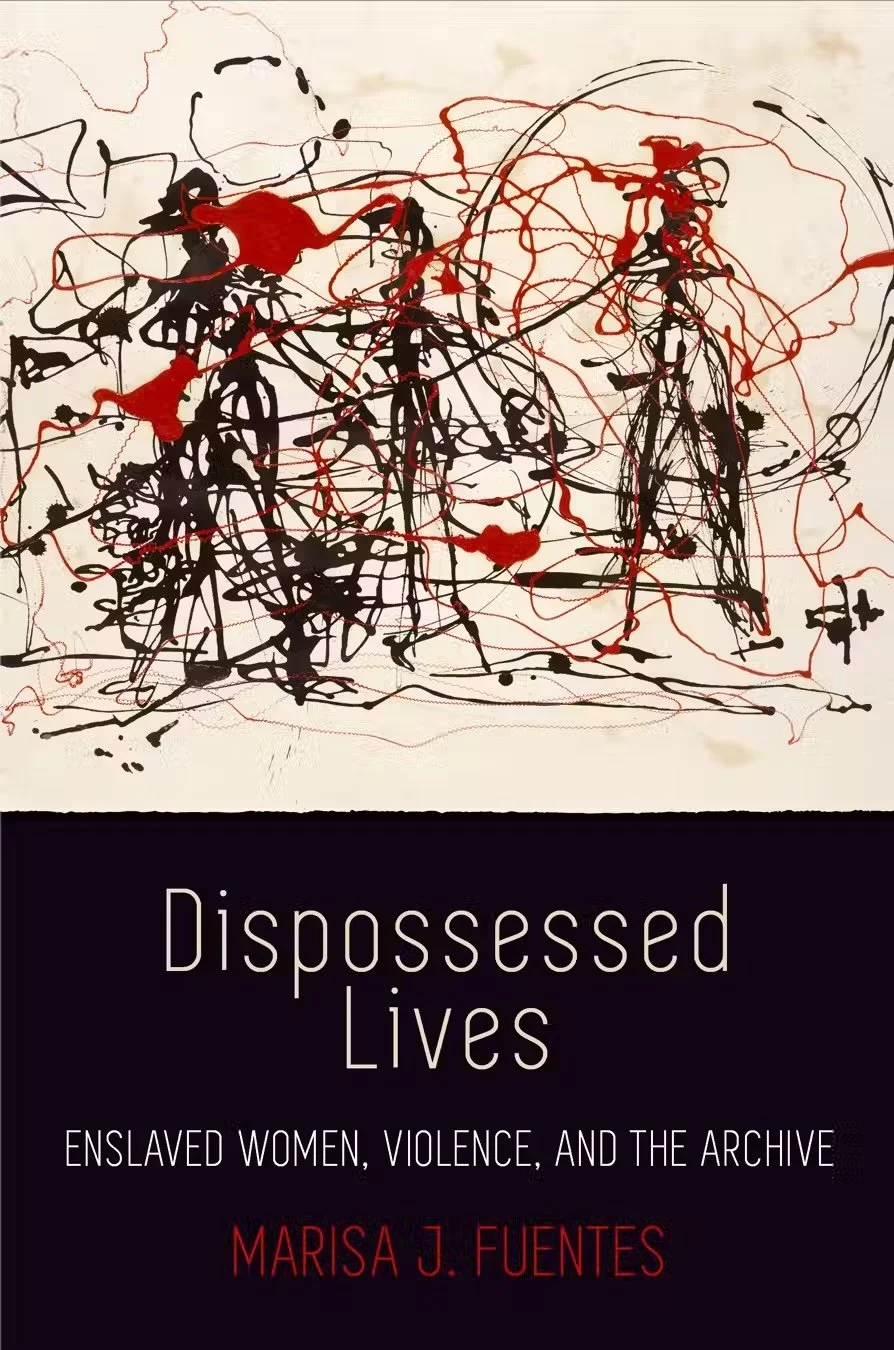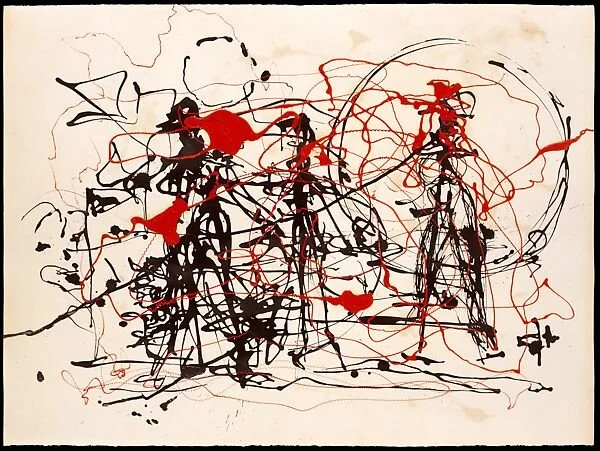
Research & Publications
Dispossessed Lives: Enslaved Women, Violence, and the Archive
University of Pennsylvania Press, 2016
In the eighteenth century, Bridgetown, Barbados, was heavily populated by both enslaved and free women. Marisa J. Fuentes creates a portrait of urban Caribbean slavery in this colonial town from the perspective of these women whose stories appear only briefly in historical records. Fuentes takes us through the streets of Bridgetown with an enslaved runaway; inside a brothel run by a freed woman of color; in the midst of a white urban household in sexual chaos; to the gallows where enslaved people were executed; and within violent scenes of enslaved women's punishments. In the process, Fuentes interrogates the archive and its historical production to expose the ongoing effects of white colonial power that constrain what can be known about these women.
Combining fragmentary sources with interdisciplinary methodologies that include black feminist theory and critical studies of history and slavery, Dispossessed Lives demonstrates how the construction of the archive marked enslaved women's bodies, in life and in death. By vividly recounting enslaved life through the experiences of individual women and illuminating their conditions of confinement through the legal, sexual, and representational power wielded by slave owners, colonial authorities, and the archive, Fuentes challenges the way we write histories of vulnerable and often invisible subjects.
Purchase Dispossessed Lives:
The Impact of Dispossessed Lives
Published in 2016, Dispossessed Lives: Enslaved Women, Violence, and the Archive has been cited over 1,300 times, according to Google Scholar, with references appearing in fields ranging from artificial intelligence theory, to social education, human rights, geography, jazz studies, Civil War history, agricultural history, and more.







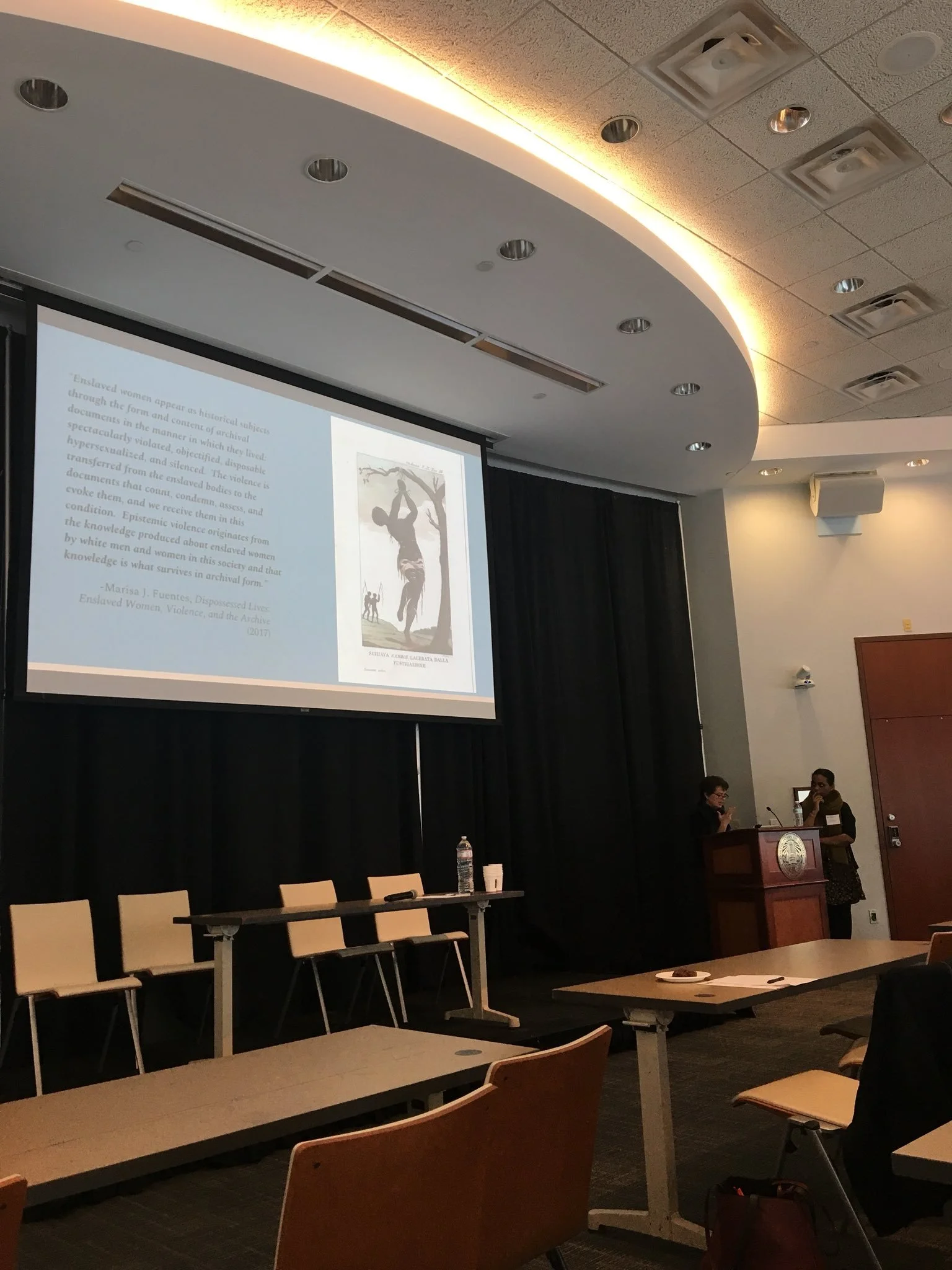
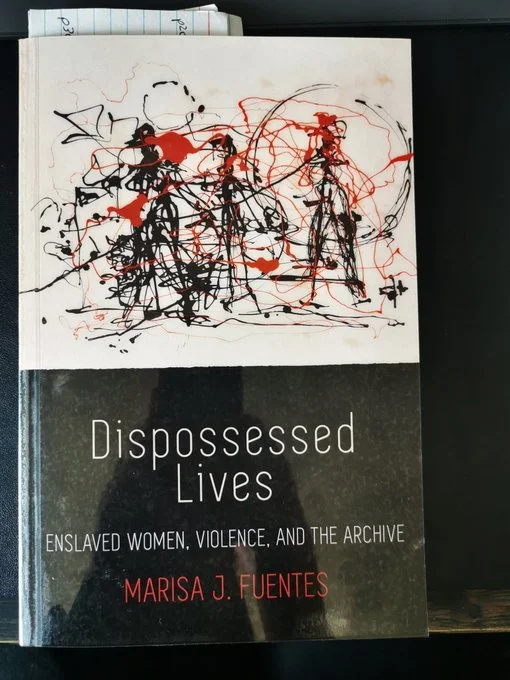
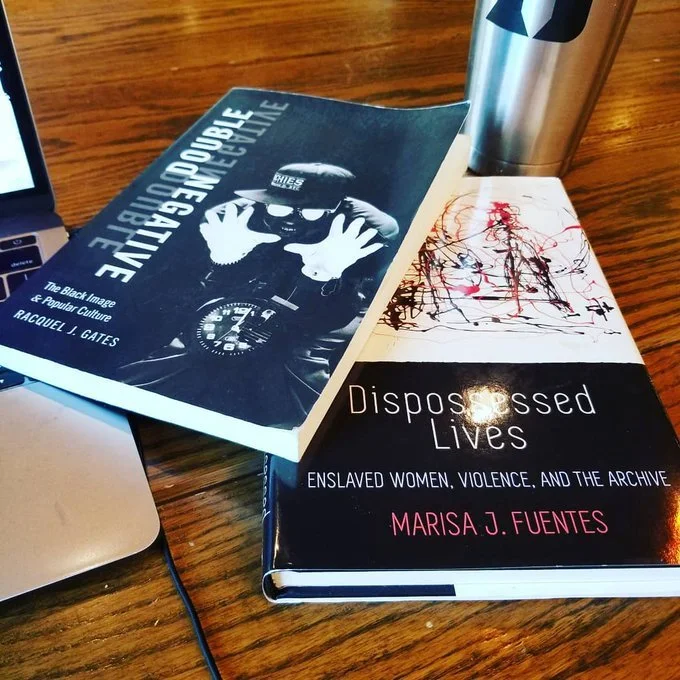
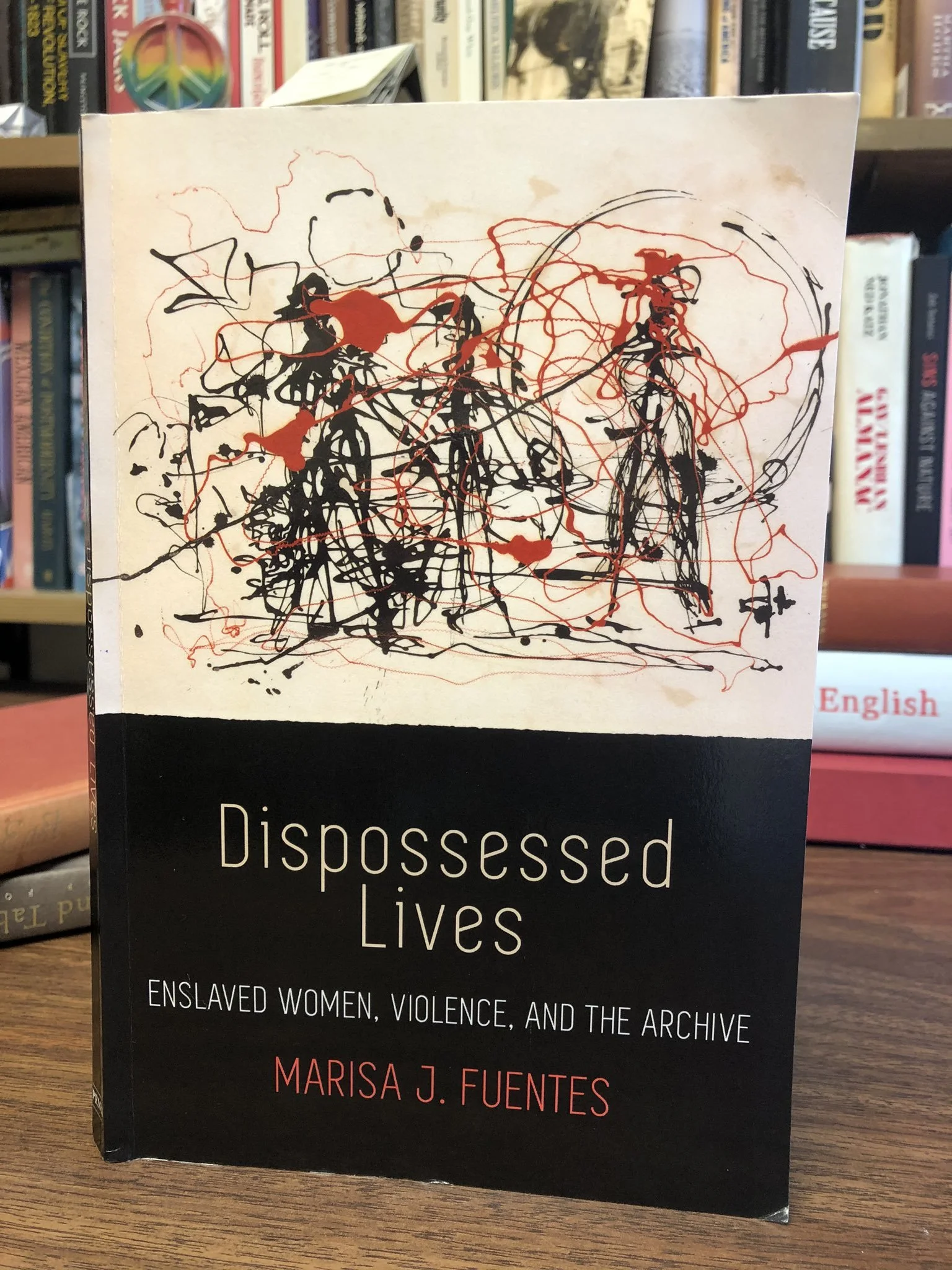
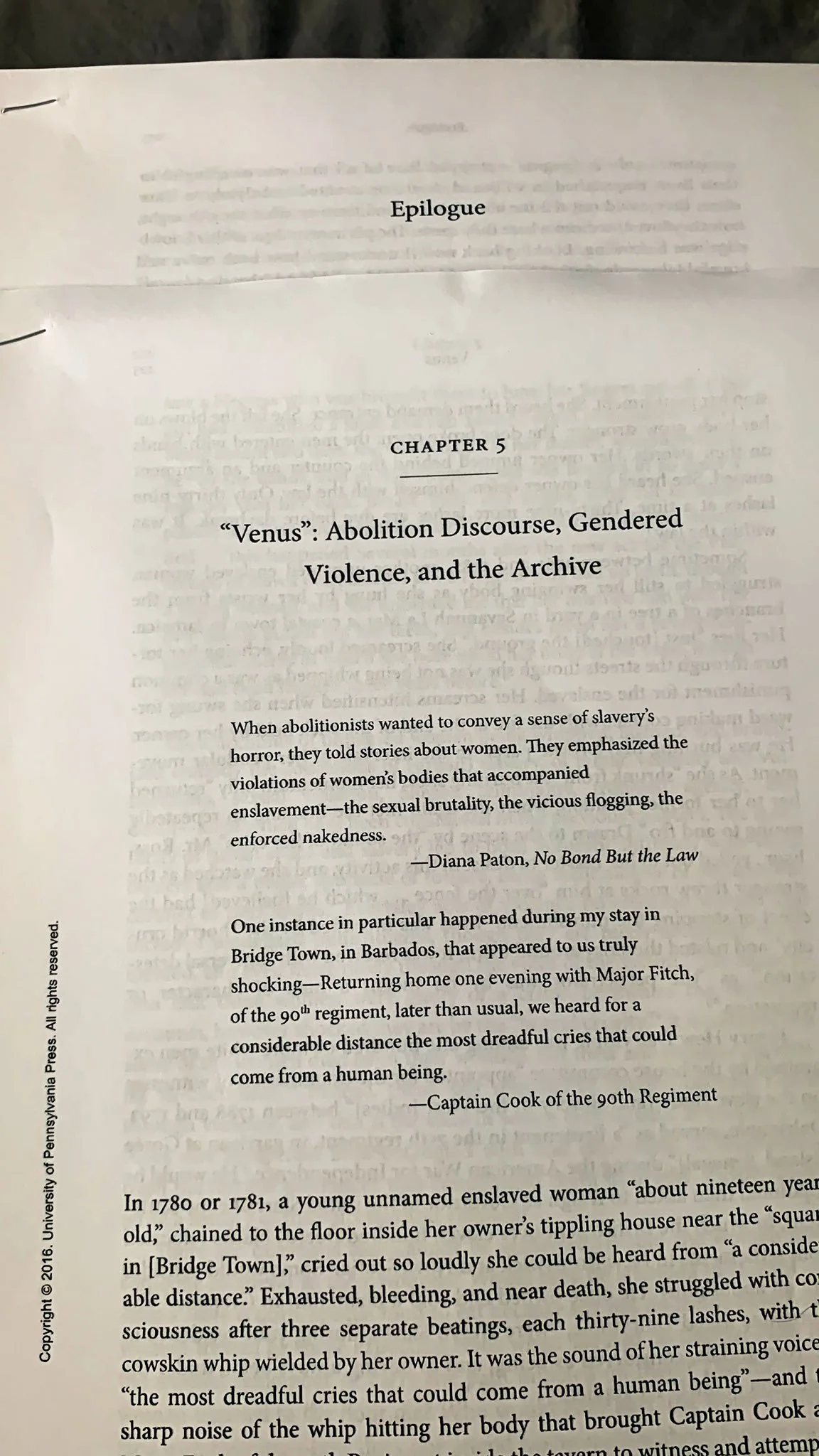
Current Book Project:
Refuse Bodies, Disposable Lives: A History of the Human and the Transatlantic Slave Trade (current book manuscript project-in progress).
Scarlet and Black Vols 1-3:





Book Chapters
“Introduction,” Dispossessed lives: Enslaved Women, Violence, and the Archive, with an introduction from Elizabeth Maeve Barnes. Reprint. in Writing the History of Slavery, eds. David Stefan Doddington and Enrico Dal Lago (London: Bloomsbury Academic, Feb. 10, 2022)
“Afterword,” with Sarah Haley, Scenes of Subjection: Terror and Self-Making in Nineteenth-Century America Second Edition, by Saidiya Hartman (New York: W.W. Norton, 2022)
“Women, Unfree Labor, and Slavery in the Atlantic World,” in The Oxford Handbook of American Women's and Gender History ed. Ellen Hartigan-O'Connor and Lisa G. Materson (Oxford, UK: Oxford University Press, 2018)
“Distressed Sexualities: White Women, Adultery and the Dialectic of Racialized Gender in Eighteenth-Century Bridgetown, Barbados,” in Sexuality and Slavery: Reclaiming Intimate Histories in the Americas. ed. Daina Berry and Leslie Harris (Athens: University of Georgia Press, 2018)
“Power and Historical Figuring: Rachael Pringle Polgreen’s Troubled Archive” Reprint. Connexions: Histories of Race and Sex in North America. ed. Jennifer Brier, Jim Downs and Jennifer Morgan (Urbana: University of Illinois Press, 2016)
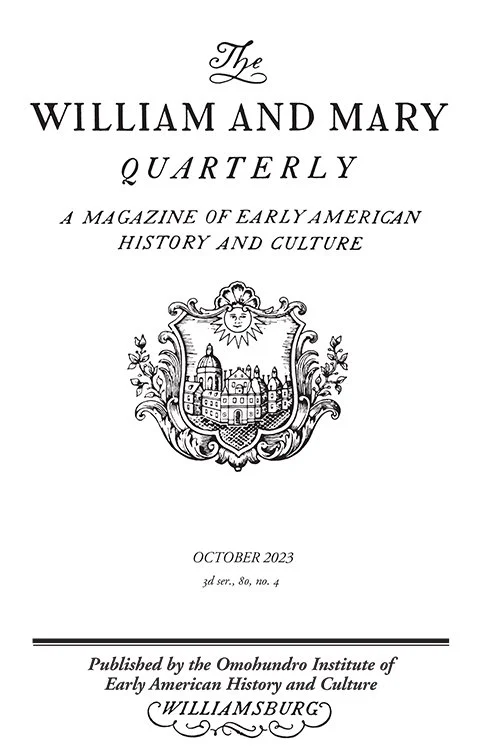

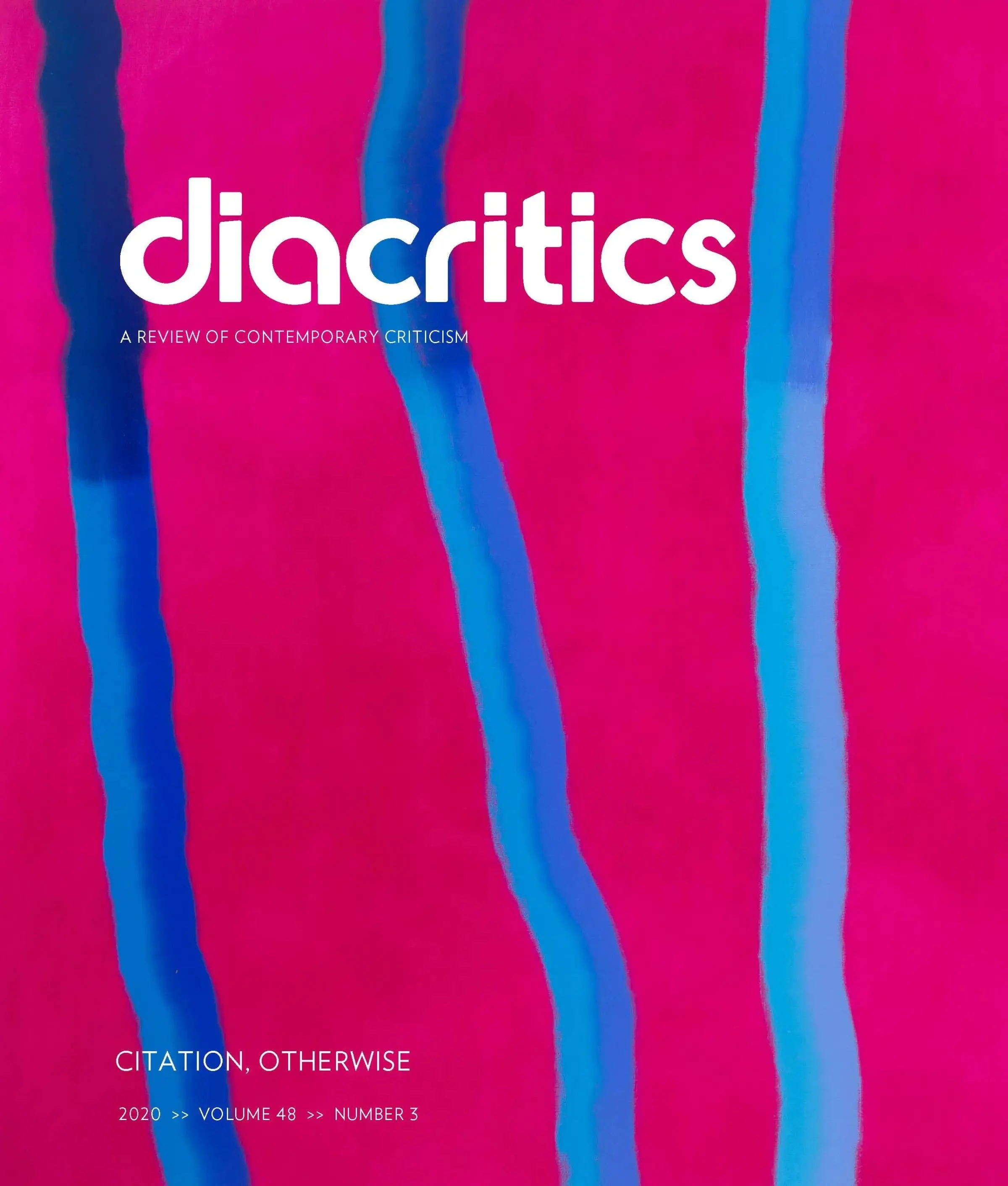


Other recent works:
“Historical Care and the (Re)Writing of Sexual Violence in the Colonial Americas, William and Mary Quarterly, 3d ser., 80, no. 4, (October 2023)
“Thavolia Glymph Roundtable,” with Tamika Nunley, Catherine Clinton, Crystal Feimster, Marisa Fuentes, Gary Gallagher, and Steven Hahn, Civil War History, 68:1 (2022): 11-41.
“Interpreting Slavery in the British Colonial Archives,” Slavery in the Age of Revolution Exhibit Catalog, Balliol College Historic Collections Centre, Oxford University, (September 2021)
“Genres of History and the Practice of Loss: Attending to Silence in Hazel Carby’s Imperial Intimacies: A Tale of Two Islands,” Small Axe (2021) 25 (1 (64)): 167–174.
“Power and Historical Figuring: Rachael Pringle Polgreen’s Troubled Archive.” Gender & History Volume 22(3) November 2010: 564-584.
